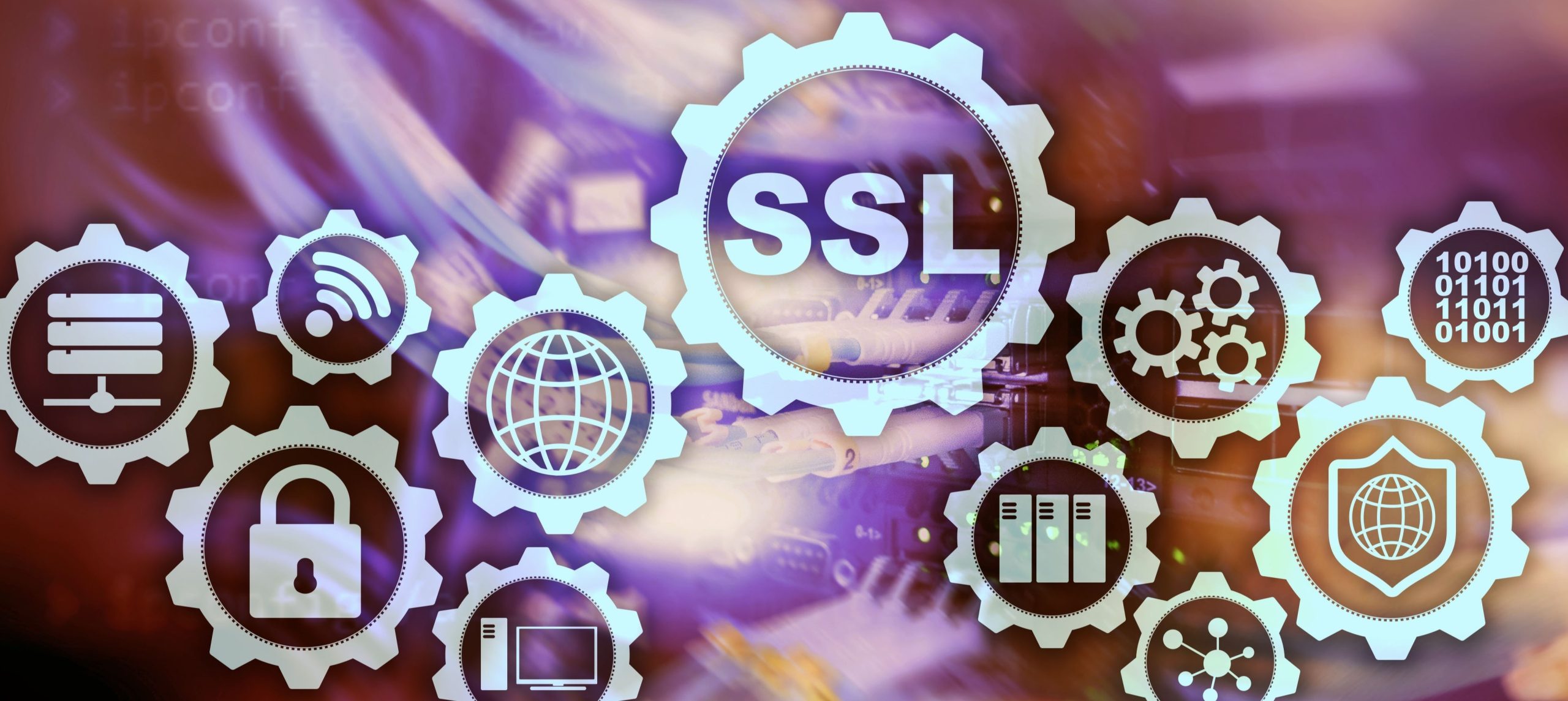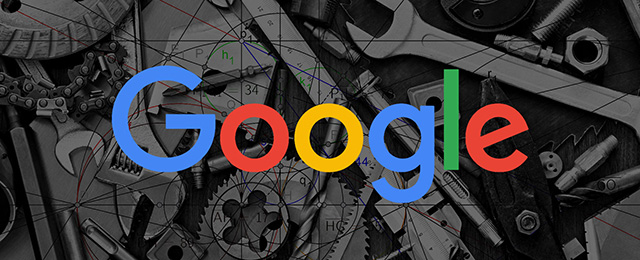Everyone who owns a website or writes a blog, from small online retailers to large financial organisations, needs an SSL certificate to guarantee the security of data transferred through their site.
While SSL certificates were formerly just required for websites, they are now a general requirement. Getting an SSL certificate is an excellent choice for any business website handling sensitive information, such as financial or medical records. The importance of SSL certificates extends beyond data security.
Along with many other benefits, SSLs increase user trust and SEO ranking. This article will define what is SSL certificate, describe its various forms, discuss its significance, and address its needs across various sectors.
What is SSL?
SSL certificates are small data files that are used on the server side to provide a cryptographic key to the server. A secure socket layer (SSL) is a security protocol that establishes an encrypted connection between a web server and a browser.
This indicates that encrypted data is being exchanged over this secure connection. As a result, a third party cannot modify or damage the data. Even if a hacker manages to access the website, all they will see is a challenging-to-crack combination of letters and numbers.
An SSL certificate installed on a server converts the HTTP protocol to HTTPS, where the letter “S” stands for secure, which indicates the importance of an SSL certificate.

How Does SSL Certificate Works?
Here’s how SSL certificates work and protect your website:
- A webmaster (individual responsible for webpages of the World Wide Web) or company an SSL certificate from CA (Certificate Authority).
- Now, the browser requests the web server to send its SSL certificate and public key for validation and verification. Most web browsers have a built-in public key for checking validity.
- To encrypt the connection, the browser creates two symmetric keys, one for itself and another for the web server. Using the public key, the browser can send the symmetric key to the server.
- After receiving the symmetric key, the server will use its private key for decryption.
- Now, a padlock and https:// will appear in the address bar. This signifies that all content between the server and the browser is encrypted and decrypted using a symmetric key.
Types of SSL Certificates
Depending on needs and price range, various types of SSL certificates can be used, like:
- Single Domain SSL Certificate: An SSL certificate for a single domain or subdomain is applied to just one domain. It cannot be used by any other domain or even by the applied domain’s subdomain.
- Wildcard SSL Certificate: A wildcard SSL certificate covers single domains and subdomains. It doesn’t apply to any other field. The certificate will contain a list of all the subdomains.
- Unified Communications (UCC) SSL Certificate: A single SSL certificate can cover several domains. Depending on the provider, a UCC SSL certificate can list up to 250 domains and their sub-domains.
SSL certificates are also available in various levels of validation. Similar to a background check, the level of validation varies based on how thorough the check is.
- Domain Validation (DV) SSL Certificate: The lowest validation certificate is the Domain Validation (DV) SSL certificate. You need to certify that you are the domain’s owner for this certificate. It is one of the best options for bloggers, portfolio websites, etc.
- Certificate for Organization Validation (OV) SSL: Since the owner’s site includes the organisation’s name and address, OV certificates increase its trustworthiness.
- Extended Validation (EV) SSL Certificate: An Extended Validation (EV) SSL Certificate provides a thorough background check on the organisation. It is one of the reliable certificates, but it is expensive.
Why is SSL Important?

When utilising an SSL certificate, you can benefit from much more than just the main feature of encrypting website data achieved by HTTPS protocol. Here are some reasons that highlight the importance of an SSL certificate:
1. Protects User Data or Information
An SSL certificate establishes data protection by securing the connection between a server and a browser. It encrypts the data transmitted between a user’s device and the server and makes it unreadable to anyone who intercepts it without a corresponding decryption key. This protects sensitive information, like credit card details and personal information, from being accessed by unauthorised parties.
2. Increases the Website Security Against Hackers
If you use an SSL certificate, your data is less prone to hacking due to enhanced website security. It is particularly essential to use SSL certificates if any of the following information is available on your website:
- Credit card numbers,
- Usernames,
- Passwords,
- Personal information.
In case your website gets hacked, the data becomes nearly inaccessible and confused by the SSL certificate.
3. Increases Your Website’s Search Engine Ranking
Many browsers support websites that use SSL, which encourages users to visit websites with better security features. For search engine optimisation (SEO), you can install SSL certificates, which could increase website traffic. However, users are less likely to visit a website if it is marked as not secure by certain browsers due to the certificate’s unavailability.
4. Reduces the Chances of Identity Theft
An SSL certificate has reduced cases of identity theft and fraudulent transactions. It confirms the user’s identity before entering any data and performs additional authentication before providing personal information to a third party.
5. Fulfills PCI DSS Requirements
A website must comply with the Payment Card Industry Data Security Standard (PCI DSS)before it can accept payments from users online. These are a set of procedures that must be followed to be eligible to accept payments using credit cards through the Internet. Getting an SSL certificate is one of these steps toward securing your website, so obtaining an SSL puts you one step closer to fulfilling PCI DSS requirements, which is another reason why SSL is important.
6. Determines Risks
If your website is secured with SSL, you may receive notifications in the event of a hack or other security failure. For example, you may be alerted as soon as hackers try to access your website, allowing you to take appropriate security steps, such as ensuring the website’s data is still secure and/or updating any passwords with login information.
SSL and User Trust

The primary objectives of using an SSL certificate are to improve security and build trust between a web server and a user’s browser. SSL certificates are necessary for safeguarding sensitive data, such as passwords, credit card numbers, and personal information, because they encrypt data while it’s in transit. This stops hacking attempts and unauthorised access, lowering the risk of data theft and online fraud.
SSL certificates also give users peace of mind that they are connecting to the intended website and not a fake one that is pretending to be authentic. This assurance helps people gain trust in the website and the business it represents.
Additionally, having an SSL certificate can raise a website’s ranking in search results because secure websites are given preference by search engines, which increases the credibility and visibility of websites.
SSL for Various Sectors
The following are a few sectors from a range of industries that may specify the importance of SSL:
- IT Specialists and Web Development: To safeguard the data of their clients, IT specialists may install and fix SSL in software. They can enhance SSL certificates and make them more user-friendly and application-compatible.
- Retail: Any store with a website can use SSL to protect sale data, including a customer’s credit card details.
- Marketing: Experts in the field of marketing can safeguard information about advertising and marketing budgets.
- Healthcare: Healthcare institutions can guard patient health files and insurance details from cybercriminals by integrating SSL into their operational frameworks.
- Finance and Banking: By using SSL, finance professionals may secure their clients’ financial data and any digital investment tools they use in their work. To protect online bank accounts, which may contain sensitive data like credit card numbers and social security numbers, banks download SSL into their software.
- Education: Professionals working in the educational sector employ SSL to protect student health records and academic scores available on the school’s digital platform.
- Insurance: Insurance specialists can use SSL to protect their data because insurance companies handle information about user accounts, private policies, and financial data.
Conclusion
Secure Sockets Layer (SSL) creates safe connections between a web server and a client. It encrypts all data transfers to prevent unauthorised parties from gaining access to it, including confidential data like credit card numbers and login credentials.
The importance of SSL is enhancing search engine optimisation and website security. Installing an SSL certificate can make your website rank higher than that of a competitor.
Data security is more important than ever. As the owner, you must protect visitor data regardless of the size of your company. Investing in an SSL certificate is essential to building trust among your users and visitors and complying with stringent data regulations and protocols.
FAQs
An SSL certificate is a digital certification that verifies a website and enables encrypted interactions. An SSL certificate is a top priority in terms of securing your small business site. Any information transmitted between your visitors’ browsers and your site receives encryption to safeguard their confidential information. This includes passwords, card details, and individual data.
Websites that have SSL certificates show security indicators in browsers, like a padlock icon, to let users know that their connection is secure. Building trust is essential for online services and businesses.
Yes! SSL certificates play an important role in enhancing website security and SEO rankings. They show visitors that your website is safe to visit and verified. This avoids the chance that the user might not click on the link just because the website doesn’t have SSL certificates.




